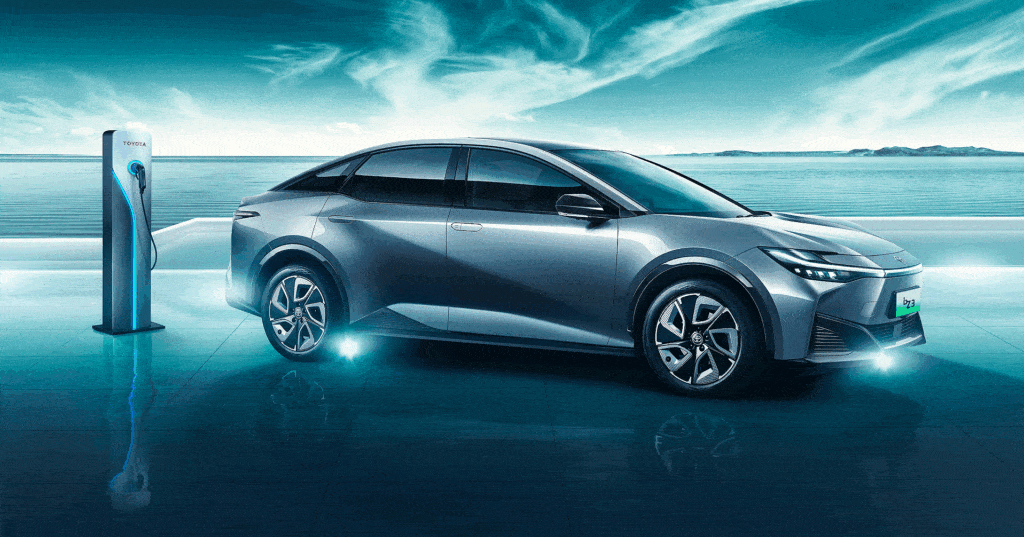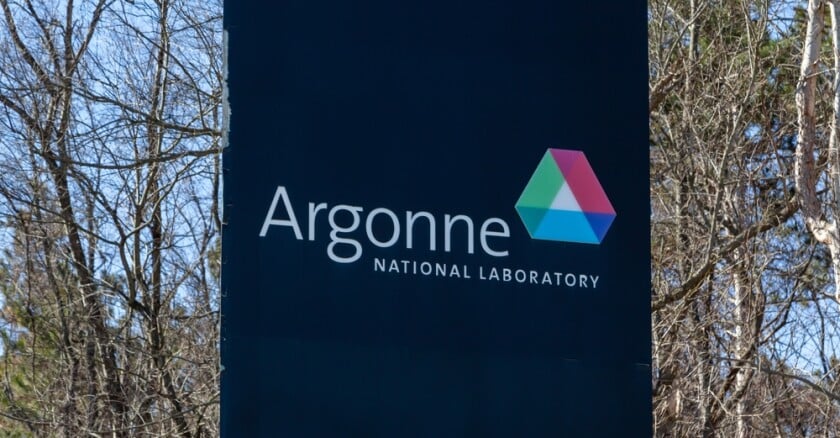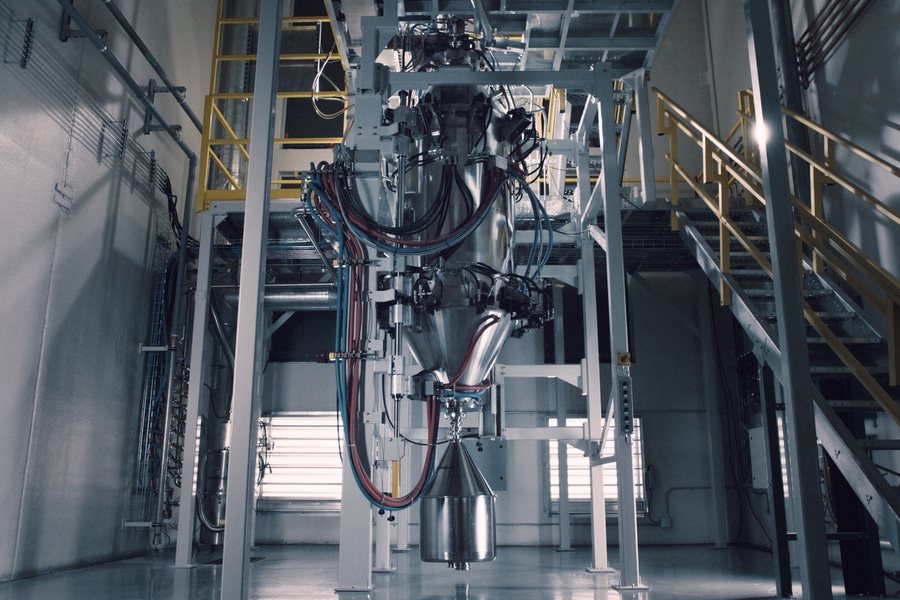Toyota has announced plans to establish a wholly-owned electric vehicle (EV) manufacturing facility in Shanghai, aligning with Tesla’s earlier move in the region. The Japanese automotive company and the Shanghai municipal government have finalized a carbon-neutral partnership to create a new entity in the Jinshan district of southwest Shanghai. This venture will focus on the development and production of Lexus-branded battery electric vehicles (BEVs) and associated battery technology.
According to a statement from Toyota China, the new company will take advantage of Shanghai and the broader Yangtze River Delta’s well-established industrial infrastructure, logistics networks, skilled workforce, and significant market size. The facility is set to begin production in 2027, aiming to introduce a new Lexus BEV model tailored to the Chinese market.
Toyota’s entry into the Chinese EV market builds on its longstanding presence in the country, dating back to the introduction of the Toyota Crown in 1964. Historically, Toyota has collaborated with local partners such as China FAW and GAC Group through joint ventures to deliver reliable vehicles and services to Chinese consumers. The move to establish a wholly-owned plant represents a strategic shift towards greater autonomy in the production of EVs within China.
In addition to vehicle manufacturing, Toyota plans to include battery production at the Shanghai facility. The new company is expected to have an initial production capacity of approximately 100,000 units annually and will create around 1,000 new jobs during the start-up phase. This expansion underscores Toyota’s commitment to increasing its EV footprint and leveraging advanced battery technology to enhance vehicle performance and sustainability.
China has progressively relaxed regulations in the BEV sector, allowing foreign companies to establish wholly-owned operations since 2018. Further deregulation in 2022 enabled foreign automakers to increase their ownership stakes in passenger car manufacturing, facilitating projects like Toyota’s new Shanghai plant. These regulatory changes have made China a more attractive market for global EV manufacturers seeking to expand their presence and meet the growing demand for electric mobility solutions.
The establishment of Toyota’s Shanghai plant follows the example set by Tesla, whose Shanghai factory became the first wholly foreign-owned automotive manufacturing facility in China when it commenced operations in late 2019. Toyota’s latest initiative confirms ongoing speculations that have been circulating since last June about the company’s intentions to build a dedicated EV production hub in Shanghai.
Source: CnevPost













